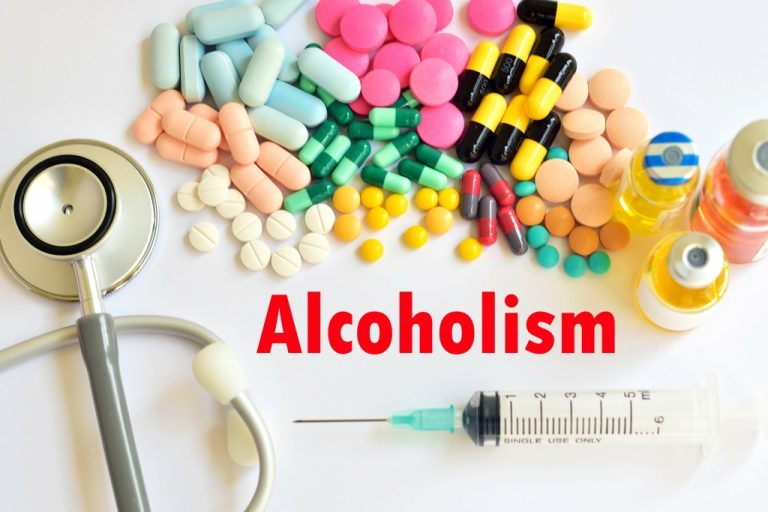The Trinity Of Techniques To Implement To Have A Successful Dry January
Bone broth, fermented foods, and those rich in Vitamin B and C can also benefit former alcohol addicts. Finally, scoring on adequate sleep can positively impact your mood and energy levels, making https://thewashingtondigest.com/top-5-advantages-of-staying-in-a-sober-living-house/ the sobriety path a bit easier. Now that we understand the numerous health benefits of Dry January, it’s crucial to maintain this momentum even as the first month of the year concludes.
Success Stories From Dry(ish) January 2023

Yet even before the pandemic sparked disruptions, losses, stress, and isolation, alcohol use among older adults had been trending upward. And a quarter of people 18 and older reported heavy drinking (five or more drinks for men, four or more for women). She wanted to become more intentional about her relationship to drinking, she said, instead of seeing alcohol as a habit or a crutch. Peer pressure, deeply intertwined with drinking culture, can indeed be an arduous task to contend with, especially in professional settings where after-work drinks with colleagues might be the norm.
Identify Triggers & Have a Back-Up Plan
For the entire U.S population, it grew from 15% to almost 19%, driven mostly by millennials. It’s also full of previous challengers, with 77% of those taking part saying they’ve done it before. Polls also showed that 4 out of every 5 drinkers in the U.K Top 5 Advantages of Staying in a Sober Living House felt they drank too much, and 10% of them were ready for the challenge. With the growing number of people interested, the first app came out in 2016 to keep them motivated. By 2017, four million people signed up in the U.K, and even more worldwide.
Dry January Tips: How to Master a Month of Mindful Drinking
Martell’s Damp January challenge gave her new insight into her own relationship with alcohol, and it allowed her to reflect on the way alcohol-related struggles had shown up in her family. The challenge allowed her to develop much better boundaries on how alcohol will show up in her life moving forward. Finally, cravings and triggers will be inevitable for most, especially in the early days of alcohol-free/alcohol-conscious living. Having alcohol-free beverages on hand can alleviate this urge to drink with zero-proof (yet delicious!) options. But after finishing her first round on the diet, she discovered that dairy, gluten and other common food culprits didn’t bother her; it was alcohol that she wanted to eliminate.

While Canada celebrates Dry January because of its popularity, Dry Feb exists to help raise funds for the cancer society of Canada. Dry Feb also increases cancer awareness since only ⅓ of the population is aware of the increased risks of cancer from even small amounts of alcohol consumption. One of the biggest reasons why people drink is to escape negative emotions, like stress, frustration, anger, boredom, helplessness, or loneliness. Most of us weren’t taught how to manage our emotions as children and so we grew up keeping it bottled inside or turning to substances or people (yes, unhealthy relationships can be an addiction) as a way to cope. Meanwhile, if you’ve been struggling with anxiety, depression, or are feeling lost, a therapist might be your best bet.
- With the ‘sober curious’ movement rising, podcasts like Untangle are dedicating special series to dry challenges.
- The moment you notice that the urge to drink has hijacked your mind, put your action plan into motion.
- Taking time to think about your drinking habits instead of operating on impulses can help you decide.
- In 2023, we launched our first-ever Damp January, which saw 118,486 sign-ups.
- Dr. Edwin Locke, who reviewed studies spanning over a decade, found that 90% of these studies pointed to a similar conclusion.
What happens when you feel like quitting Dry January
January 1st, bleary-eyed and promising that seamless switch from champagne to chamomile. It’s the annual overture of Dry January, four weeks of self-imposed sobriety meant to kickstart the new year on a healthier note. But, much like the New Year’s resolutions it often accompanies, it’s much easier said than done. You don’t have to stay on the couch hidden under a blanket if you don’t want to. Plus, it could be a great excuse to push yourself to try something new, like a dance, photography, art, cooking, or writing class — whatever sounds fun and will get you meeting new people.
Understanding the Challenges and Overcoming Them
Understandably, the idea of going through Dry January may seem quite daunting. After a festive season filled with cheers and toasts, pressing pause on alcohol in the new year feels like a huge commitment. For resources related to AUD, including how to get support, please visit the NIH website. We’ve also partnered with Moderation Management, a non-profit dedicated to reducing the harm caused by the misuse of alcohol. In order to lose weight, for instance, we deny ourselves sugar in nearly all its forms for a couple weeks only to suddenly realize that it’s not sustainable. We end up denying ourselves simple pleasures or feeling ashamed because we raided the cookie jar.
- Take a moment, preferably in the morning, to sit with your eyes closed and bring your awareness to your inner state.
- These few essential tips and various other Dry January facts – including how sampling short-term sobriety can assist you with long-term control – can help you go 100% on, well, 0%.
- In this case, you can still aim to start 2024 off on the right foot through another challenge called Dryish January.
- A magical journey into the cavernous realms of our conscious and unconscious relationship with ‘yes’ and ‘no’”?


No comments yet.